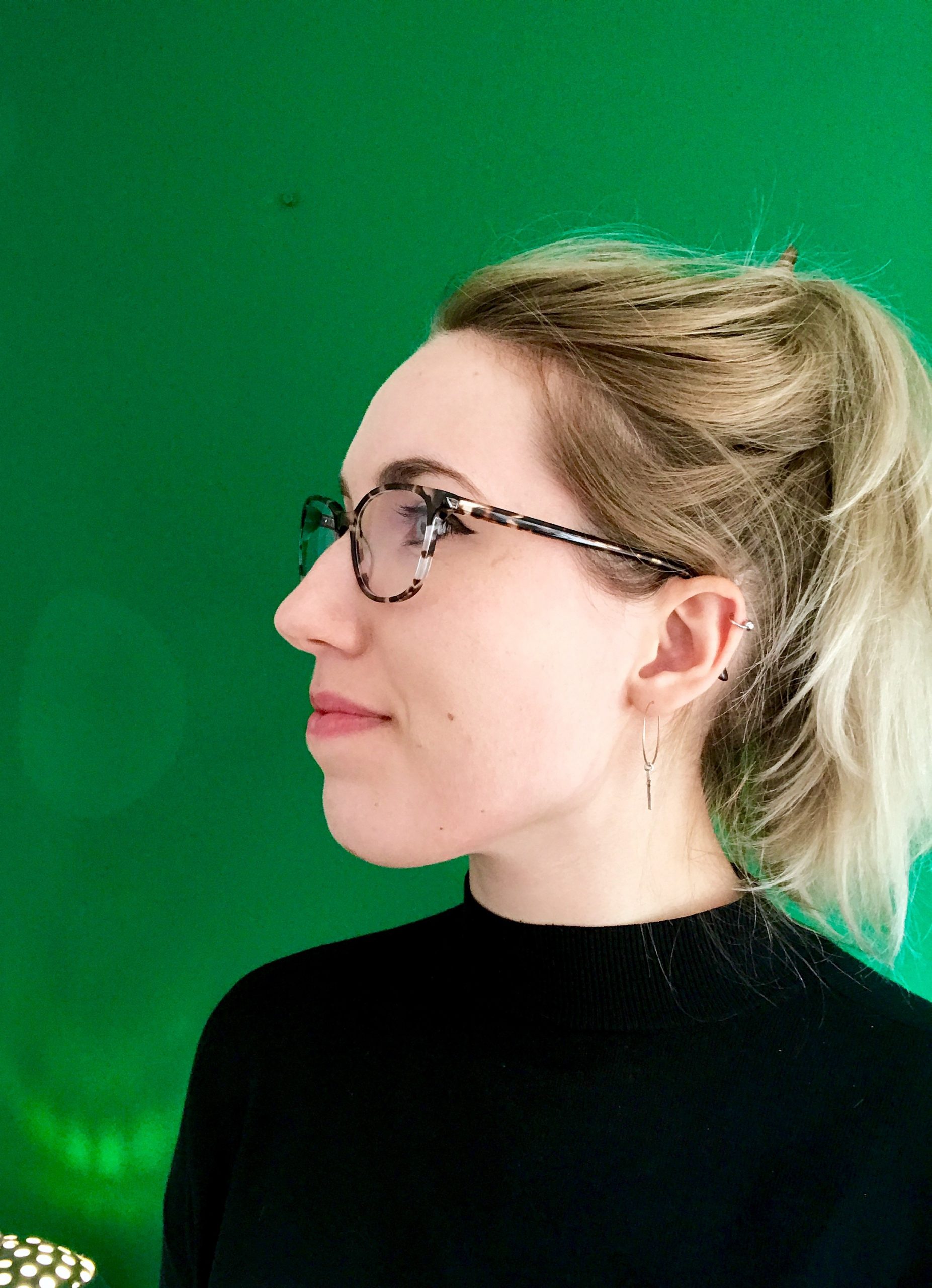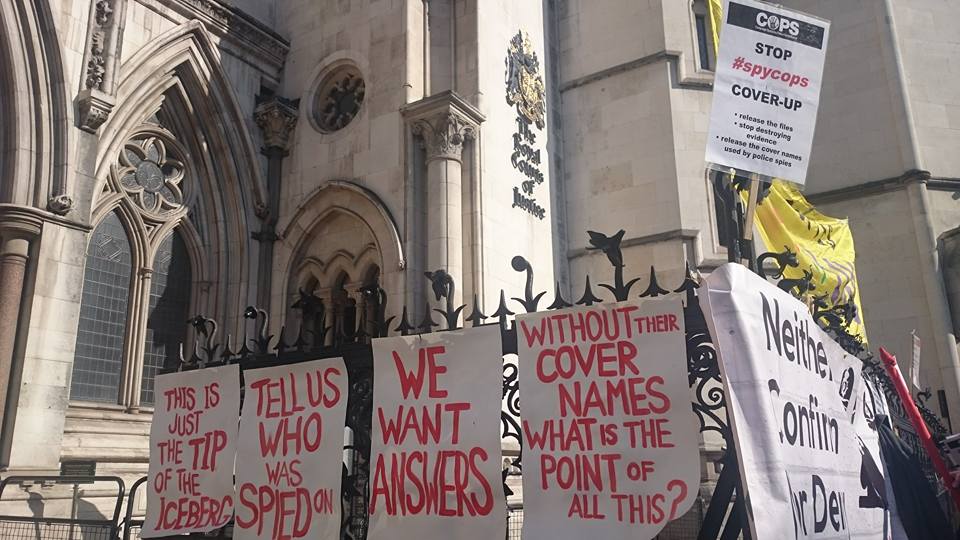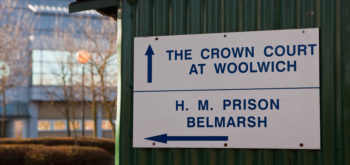A new documentary about the conviction of Lucy Letby raises fewer questions about whether or not she is guilty of some or all of the crimes she is serving 15 concurrent life sentences for, and more questions about the willingness of the public and the press to accept that miscarriages of justice do happen. That sometimes the wrong people are convicted. That sometimes jury trials, particularly those relying on the interpretation of complex expert evidence, reach the wrong conclusion. That there are many such cases.
Conviction: The Case of Lucy Letby follows her new barrister, Mark McDonald, as he gathers the new evidence he believes will see her case referred to the Court of Appeal. In order to convince the Criminal Cases Review Commission (CCRC) to refer her case, he cannot simply argue that the jury got it wrong, he must present them with novel evidence that was not heard in any of the original trials.
Most successfully the documentary exposes the star prosecution expert witness (or at least the most outspoken) as closed-minded to the potential flaws in the case against Letby and stubbornly wedded to the version of events he presented at trial. That is, except the case of one injured baby, about which he has completely changed his mind.
Dr Dewi Evans variously criticises those questioning the safety of Letby’s convictions as ‘the metropolitan elite’, and the panel of international experts convened by her new lawyer as ‘hired guns’, or even worse, ‘Americans’.
Proselytising on his upbringing in rural Carmarthenshire, he snipes at the London lawyers and journalists who can’t accept that police in Cheshire, a court in Liverpool, and an expert from Wales, were actually capable of successfully prosecuting an ‘evil’ murderer of babies.
The Daily Mail’s Liz Hull is interviewed at length following her epic podcast series which spanned the trial. She is unconvinced by efforts to re-hash the case, at one point saying evidence of Letby’s wrongdoing has been ‘agreed in court, so I think there is no question about her guilt’.
Granted many of those now questioning the safety of the convictions were not in court and did not hear the 10 months of evidence presented to the jury, but this would be far from the first murder case in which a jury were misdirected. Indeed the documentary focuses on two key examples of this, the flawed statistical data that purported to show every time a baby was murdered, Letby was present, and the case of Baby C in which it has since been revealed that Letby wasn’t anywhere near the hospital when their condition deteriorated.
An anonymous interview with the parents of a child who they believe Letby attempted to murder when he was a new-born in the Countess of Chester Hospital separates this documentary from others. However, their belief that a box of items given to them by Letby is evidence of guilt or malice has already been criticised as a ‘misrepresentation of neonatal care’ by an expert Doctor familiar with the case.
Perhaps the most compelling case to reconsider the convictions comes from Private Eye’s Phil Hammond, an investigative journalist who has also spent 35 years working in NHS hospitals. He has investigated the case at length, had open discussions with Dewi Evans about his evidence, spoken to other expert neonatologists, and drawn on on his experience reporting on other grave failings in understaffed and inadequate NHS hospitals. Crucially he appears to be the only person interviewed who is honest about having substantively changed their mind on Letby’s guilt.
The documentary introduces experts of various stripes who put forward compelling evidence for Letby’s innocence, and lead the audience to consider that the babies who died were failed by deficient care on an overwhelmed neonatal unit. It even reminds us that the person most willing to raise their voice about these failures at the time was, in fact, Lucy Letby.
However, much of this evidence, however strong, may not be enough to convince the CCRC to refer the case to the Court of Appeal. Not because it is without merit, but because it is not new. Many of the strands of evidence gathered by Mark McDonald were available to the jury during the original trial, which means it cannot be relied upon as the grounds for an appeal.
The only allusion to Lucy Letby’s current emotional state in the documentary is an assertion from McDonald that she ‘has hope’ since the growing chorus of expert criticism of her conviction. Other murder cases, much less complex or wide-reaching, have sat with the CCRC for years and even been rejected multiple times before being reconsidered. McDonald’s handing over of the new dossier to the CCRC in person may have been theatrical, but his theory that media pressure on the body is required in order to get them to take a case seriously may yet ring true. That is if the media can first get to grips with the fact the justice system does, sometimes, get it wrong.
Conviction: The Case of Lucy Letby will air on Channel 4 on Monday 29 September.








